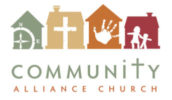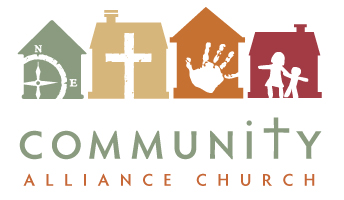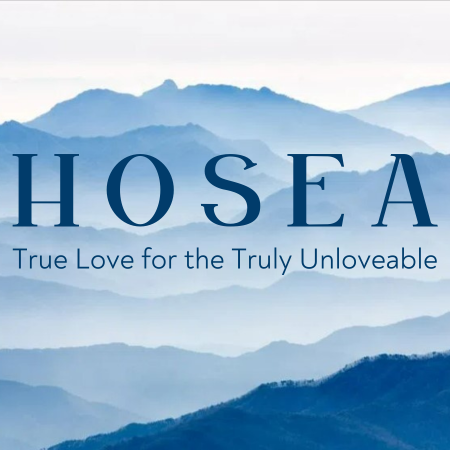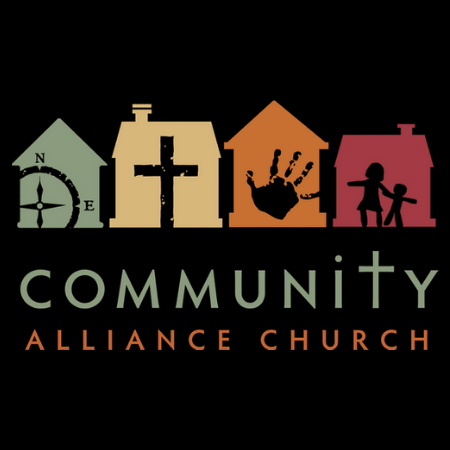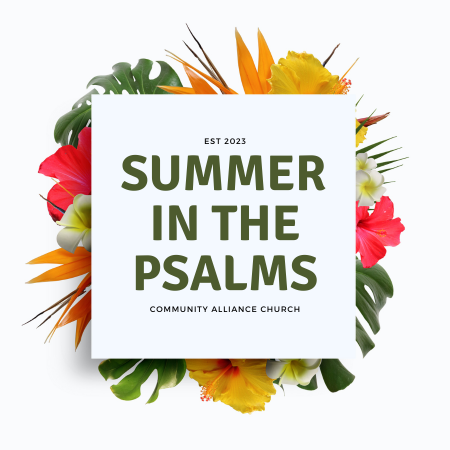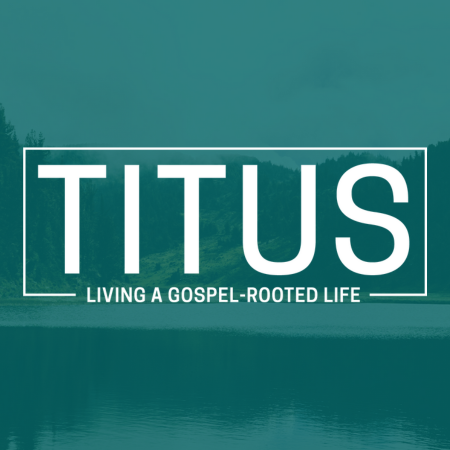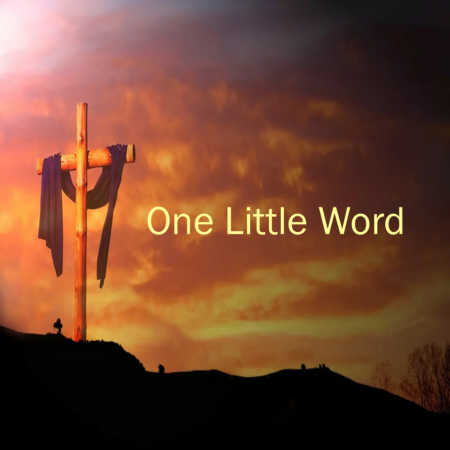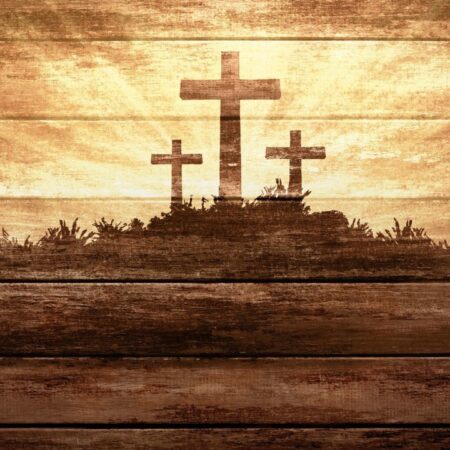This week we introduce the series on Hosea. It’s not primarily the prophets who speak but God. This book is not just for the Israelites but us as well.
God continues to do NEW things by revealing Jesus to the World
(Psalm 117)
The spiritual renewal is more about God than you. Keep your focus on Him in all that you confess. Center your life around Him in all you profess. Let His greater glory be clearly expressed in your life regardless of what comes at you. May the fresh move of God simply come to you because you are looking to Him alone.
As we look at Psalm 127, we will find that we are to live as multipliers who are content in the person and purposes of God. In that we will live a life that gives of ourselves to build into the lives of future generations.
As a family rooted in the Gospel there will be times we have to root out rebellion to the Gospel. Paul gives sound and clear and hard guidance on how a church does this and what must be present in a Gospel Rooting family to root out rebellion. Church leaders must be contending for the faith and concerned for the family. As well as church members must also cling to the faith and conform to faithfulness.
Paul instructs Timothy to establish elders and leadership in the various Cretan churches that they had planted together. In his explanation of what the character of an elder ought to be, he demonstrates that this the life that the believer should aspire to. In many ways, there is nothing overly special about the list, but in contrast to the living of the culture, this stands out as radical or bold. Again the emphasis for living an Gospel-centered life does not come from the command itself (legalism) but from the grace of God given to us in Jesus.
As Paul opens his letter to Titus and the Cretan church, Paul reminds Titus that the Gospel of Jesus was not something that happened as a response to sin as if God didn’t know that it was going to happen. Instead it was his plan to pour out his grace on us to give us hope and demonstrate his love for us. The grace of God in Jesus is a recurring theme. The emphasis becomes on the connection between grace and action. Such is the overwhelming nature of God’s grace that we are to respond to his grace wholeheartedly and without reservation.
On this Easter Sunday we look at the 7 last words spoken during His last hours on the cross, specifically unpacking one little word “TETELESTAI” (Greek for It is Finished).
Today we look at the final days leading up to the crucifixion of Christ and some of the characters of the cross revolving around the last supper in 3 different sermon segments.
